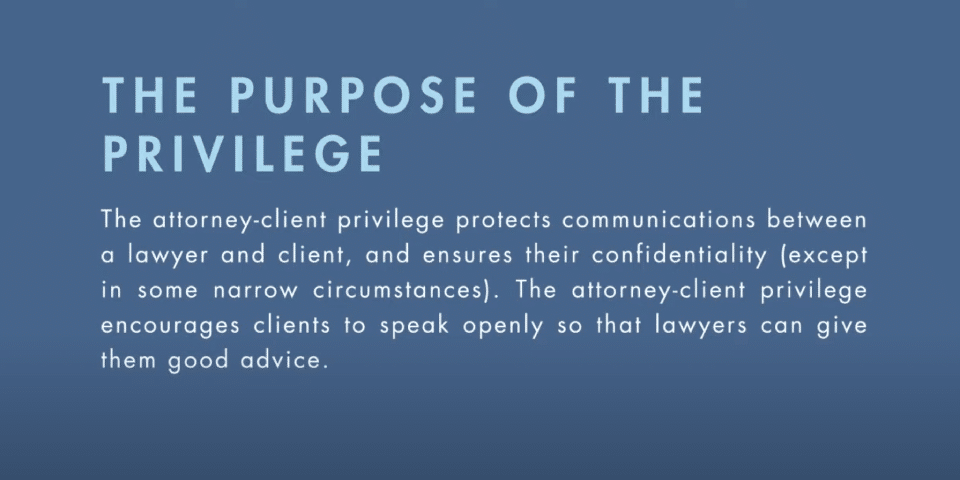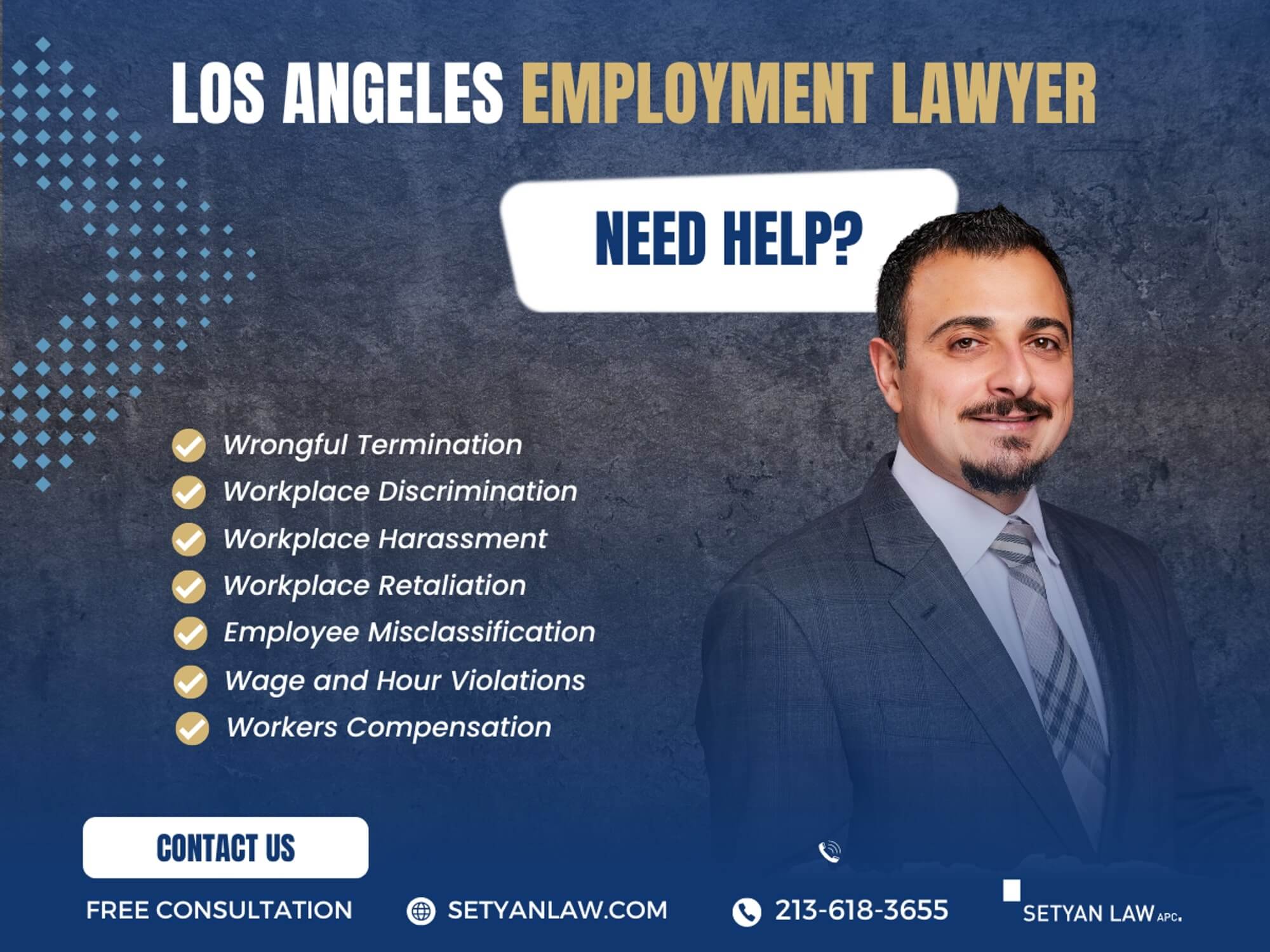Updated May 12, 2025
Understanding Attorney-Client Privilege in Employment Law
In the realm of employment law, the attorney-client privilege serves as a crucial shield for both employees and employers. This legal doctrine ensures that communications between a client and their attorney remain confidential, fostering an environment where individuals can seek legal advice without fear of exposure. However, the application of this privilege can be complex, especially in the context of employment law, where the lines between legal and business advice often blur. This article delves into the nuances of attorney-client privilege, its implications for employment law, and the best practices for navigating this critical aspect of legal counsel.
The Essence of Attorney-Client Privilege
Attorney-client privilege is a foundational principle in legal practice, designed to protect the confidentiality of communications between a client and their attorney. This privilege encourages open dialogue, allowing clients to disclose sensitive information without the risk of it being used against them in legal proceedings. The privilege applies under specific conditions:
- Confidential Communication: The communication must be intended to remain private.
- Professional Relationship: The communication occurs between a client and a licensed attorney acting in their professional capacity.
- Legal Purpose: The primary purpose of the communication must be to seek or provide legal advice.
Understanding these elements is essential for both employees and employers to ensure that their communications with legal counsel are protected.
The Dual Role of Employment Lawyers
Employment lawyers often wear two hats: they provide legal advice while also acting as business advisors. This dual role can complicate the application of attorney-client privilege. For instance, when an attorney offers guidance on compliance with labor laws, is that advice purely legal, or does it also serve a business function? Courts have grappled with this question, particularly in cases involving "dual-purpose communications."
Primary Purpose vs. Because-Of Test
The distinction between the primary purpose test and the because-of test is critical in determining whether a communication is protected by attorney-client privilege:
Primary Purpose Test: This test evaluates whether the main intent of the communication was to obtain legal advice. If the communication primarily serves a business purpose, it may not be protected.
Because-Of Test: This broader test considers whether the communication was made in anticipation of litigation. If the communication would not have occurred but for the prospect of legal action, it may be protected.
The choice of test can significantly impact the outcome of legal disputes, making it essential for employers and employees to understand how their communications may be interpreted.
Challenges for In-House Counsel
In-house counsel face unique challenges when it comes to attorney-client privilege. Unlike external attorneys, in-house lawyers often engage in both legal and business discussions, which can lead to ambiguity regarding the nature of their advice. Courts have scrutinized these communications more closely, particularly when determining whether the privilege applies.
The Control Group Test vs. Subject Matter Test
Two primary tests are used to assess who can assert attorney-client privilege in a corporate context:
Control Group Test: This restrictive approach limits the privilege to high-level executives who can make decisions based on legal advice. Critics argue that this test undermines the purpose of the privilege by discouraging lower-level employees from sharing relevant information.
Subject Matter Test: This more inclusive test allows any employee to assert privilege if the communication pertains to their job responsibilities and is made for the purpose of obtaining legal advice. This approach recognizes that valuable information often comes from various levels within an organization.
Understanding which test applies in a given situation is crucial for both employees and employers to protect their communications effectively.
The Importance of Confidentiality
Confidentiality is a cornerstone of attorney-client privilege. For communications to remain protected, they must not be disclosed to third parties without the client’s consent. This requirement extends to internal communications within an organization, where sharing privileged information with individuals who do not need to know can jeopardize the privilege.
Best Practices for Maintaining Confidentiality
To safeguard attorney-client privilege, both employees and employers should adhere to the following best practices:
- Limit Disclosure: Share privileged communications only with individuals who need to know.
- Document Privileged Communications: Clearly label documents and emails as "privileged" to indicate their confidential nature.
- Seek Legal Counsel Promptly: Engage legal counsel early in any situation that may lead to litigation to ensure that communications are protected from the outset.
By following these practices, organizations can better protect their legal communications and maintain the integrity of the attorney-client privilege.
Recognizing Exceptions to the Privilege
While attorney-client privilege is a powerful tool, it is not absolute. Several exceptions can lead to the waiver of this privilege, including:
- Crime or Fraud Exception: Communications made for the purpose of committing a crime or fraud are not protected.
- Death of a Client: In certain circumstances, the privilege may not apply after a client’s death, particularly if litigation arises among heirs.
- Common Interest Exception: When multiple parties share a common legal interest, communications may not be protected against each other in subsequent litigation.
Understanding these exceptions is vital for both employees and employers to navigate the complexities of attorney-client privilege effectively.
The Role of Employment Law in Protecting Rights
Employment law plays a crucial role in safeguarding employee rights, including the right to seek legal counsel without fear of retaliation. Employees must be aware of their rights and the protections afforded to them under the law.
Employee Rights and Legal Protections
Employees have the right to:
- Seek Legal Advice: Employees can consult with attorneys regarding workplace issues without fear of reprisal.
- Confidentiality: Employees can expect that their communications with legal counsel will remain confidential.
- Protection from Retaliation: Employers cannot retaliate against employees for seeking legal advice or reporting violations of employment law.
These rights are essential for fostering a fair and just workplace, where employees can advocate for themselves without fear of negative consequences.
The Intersection of Employment Law and Attorney-Client Privilege
The relationship between employment law and attorney-client privilege is intricate. While the privilege protects communications, it also raises questions about the extent to which employers can shield themselves from liability. Courts often weigh the need for confidentiality against the public interest in ensuring compliance with labor laws.
Balancing Confidentiality and Compliance
Employers must navigate the delicate balance between maintaining attorney-client privilege and fulfilling their obligations under employment law. This balance is particularly important in cases involving allegations of discrimination, harassment, or wage violations.
- Transparency vs. Confidentiality: Employers should strive for transparency in their practices while protecting privileged communications. This approach fosters trust and accountability within the organization.
- Legal Compliance: Employers must ensure that their legal counsel is involved in compliance efforts to mitigate risks and protect the organization from potential legal challenges.
By understanding the interplay between attorney-client privilege and employment law, employers can better navigate legal challenges while safeguarding their interests.
Seeking Legal Assistance
If you find yourself in a situation where your rights are being compromised or if you have questions about attorney-client privilege, seeking legal assistance is crucial. An experienced employment lawyer can provide guidance tailored to your specific circumstances.
How Legal Counsel Can Help
- Evaluate Your Case: A lawyer can assess your situation and determine the best course of action.
- Protect Your Rights: Legal counsel can help ensure that your rights are upheld and that you receive the protections afforded to you under the law.
- Navigate Complex Legal Issues: Employment law can be intricate, and having a knowledgeable attorney by your side can make a significant difference in the outcome of your case.
If you are facing challenges related to employment law or attorney-client privilege, do not hesitate to reach out for legal support. Your rights matter, and having the right advocate can help you navigate the complexities of the legal system.
Conclusion
Attorney-client privilege is a vital component of employment law, providing essential protections for both employees and employers. Understanding the nuances of this privilege, including its application, challenges, and exceptions, is crucial for navigating the legal landscape effectively. By adhering to best practices and seeking legal counsel when needed, individuals can better protect their rights and ensure that their communications remain confidential. Remember, you have the right to seek legal advice and advocate for yourself in the workplace. If you have questions or concerns about your rights, consider reaching out to a qualified employment lawyer who can provide the guidance you need.
Call Setyan Law at (213)-618-3655 to schedule a free consultation.






